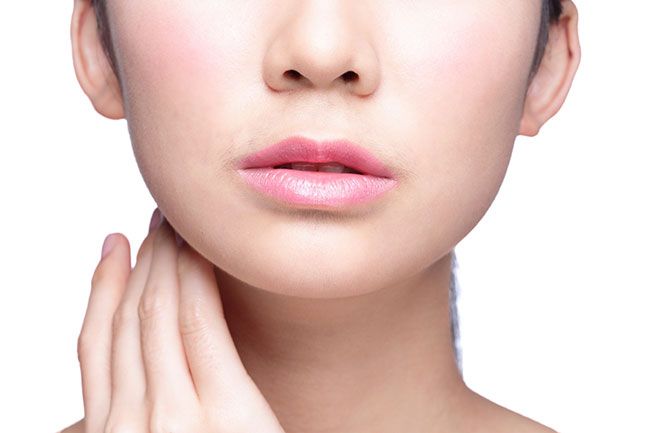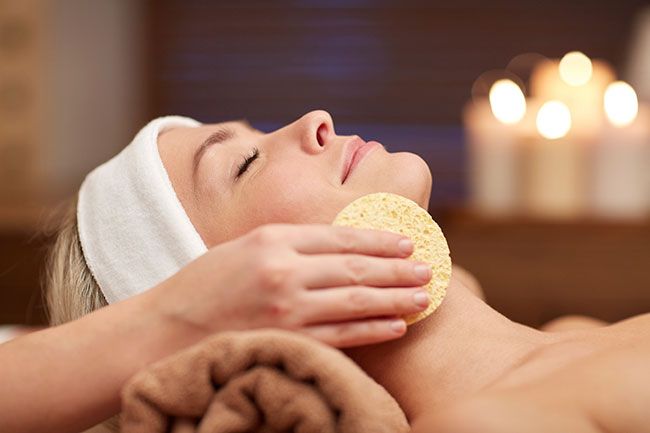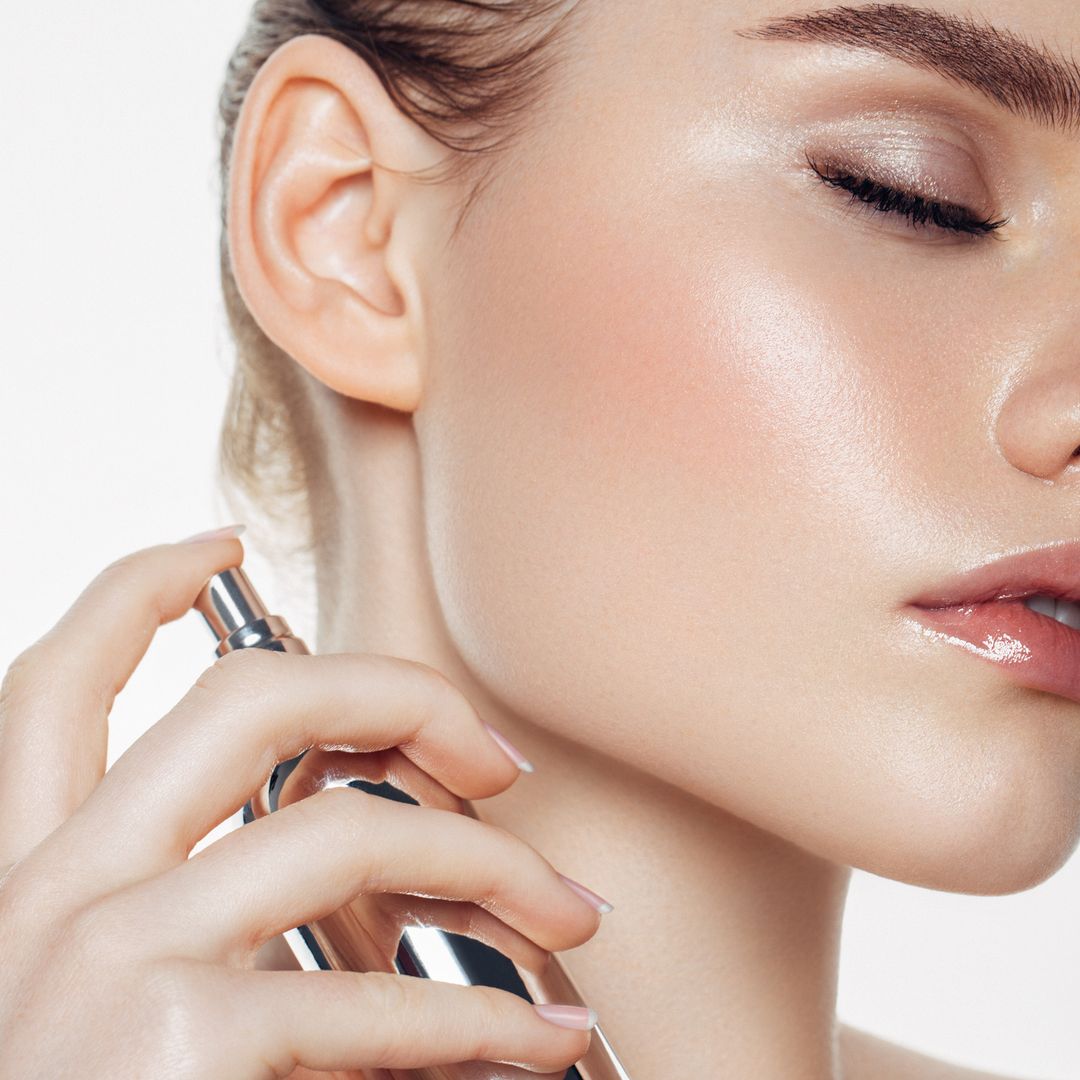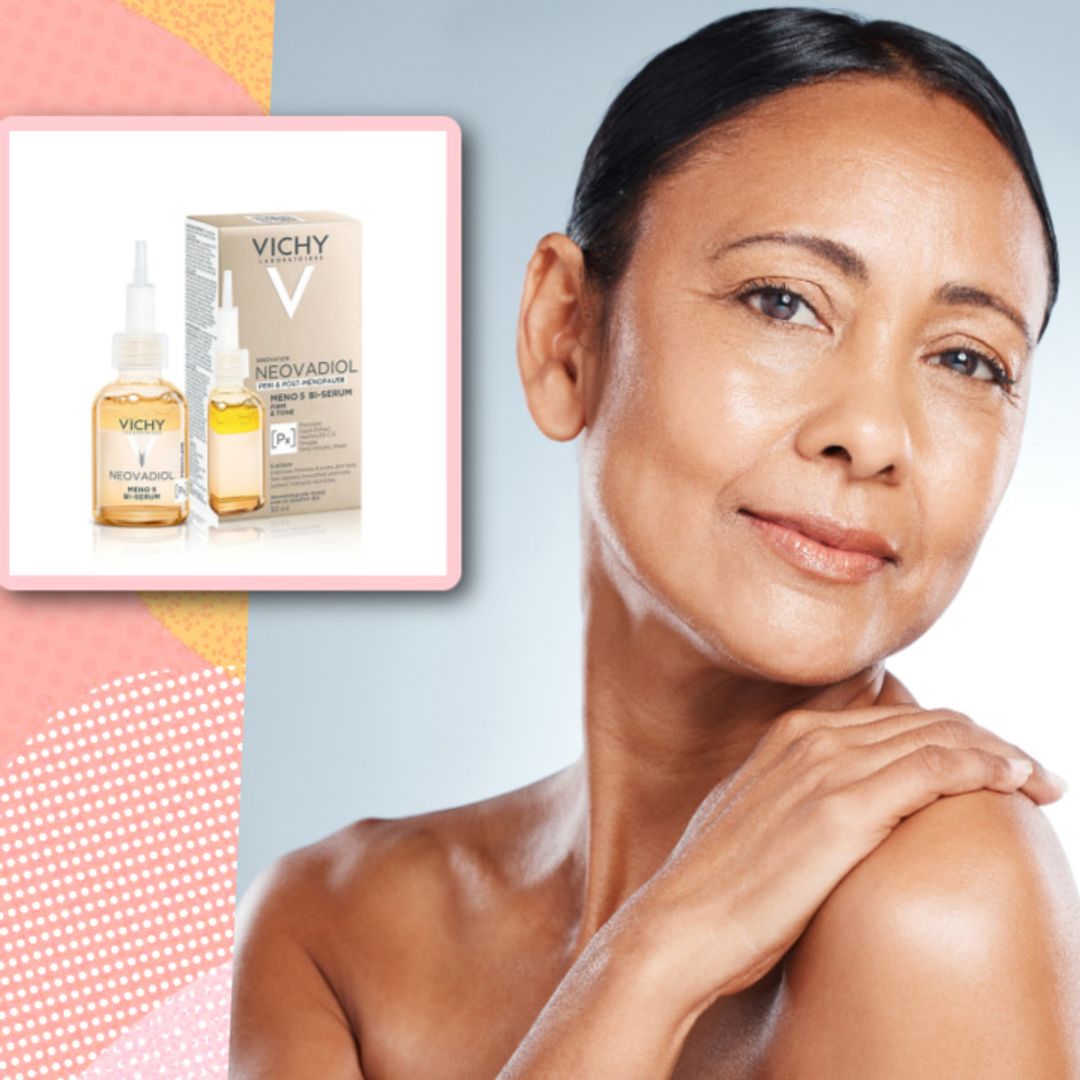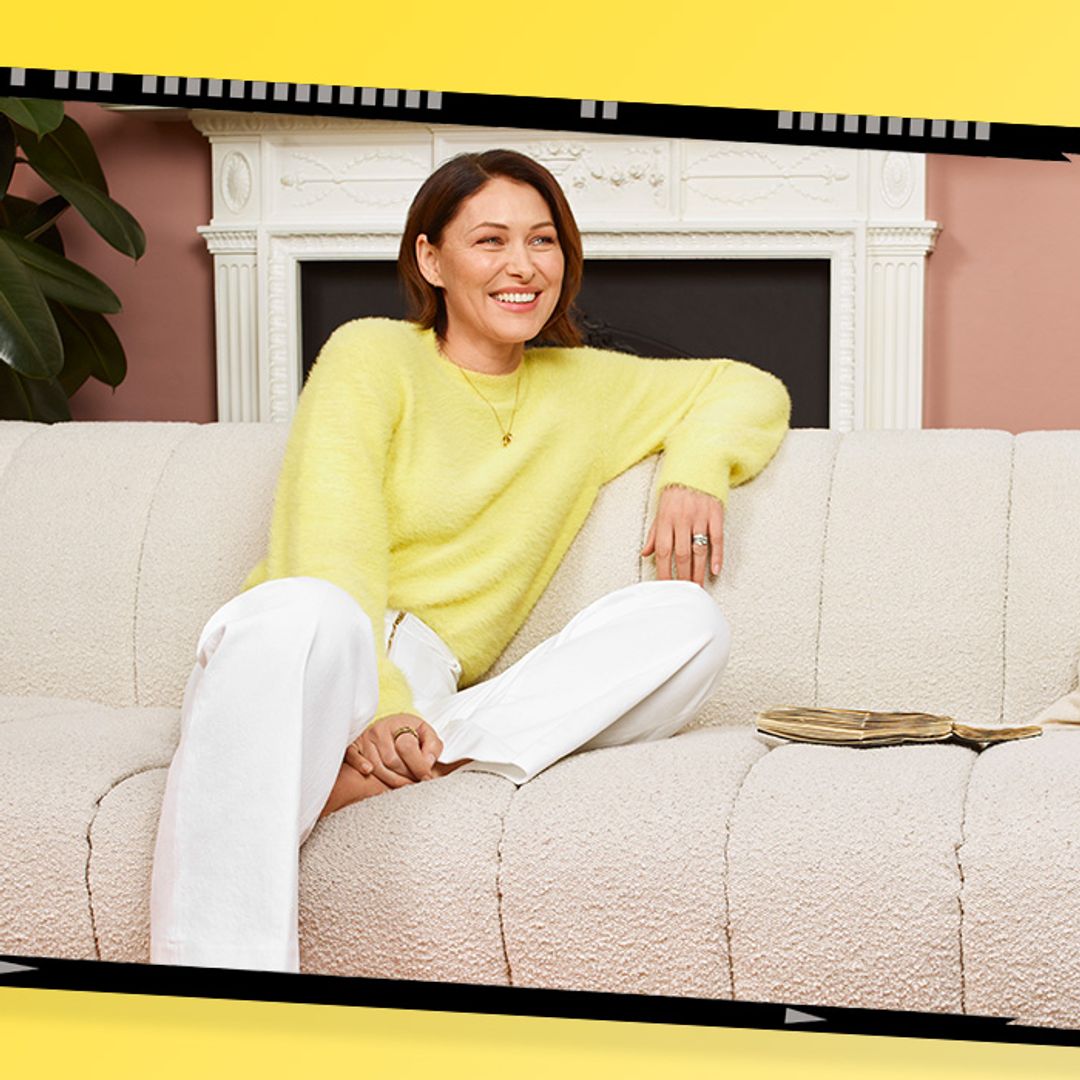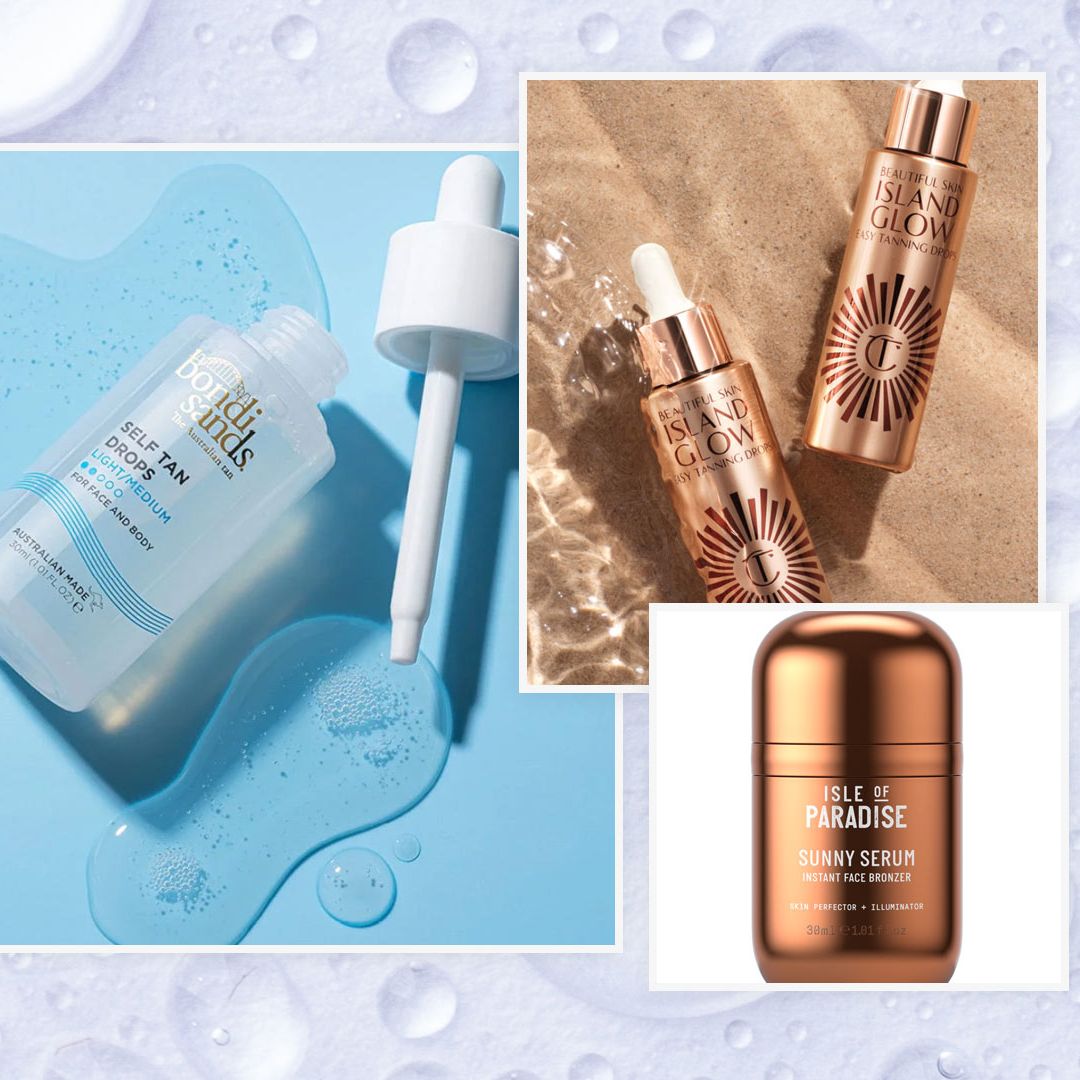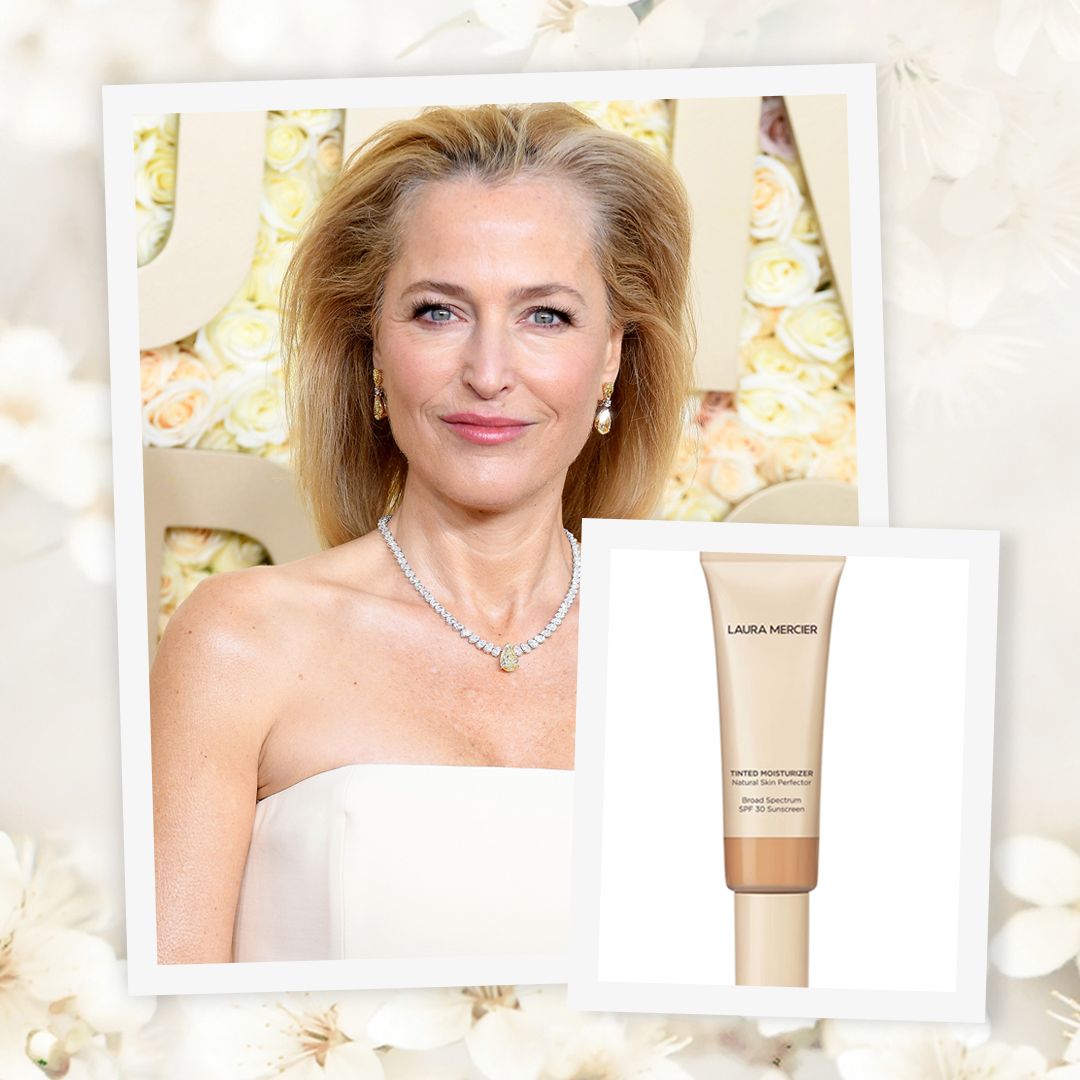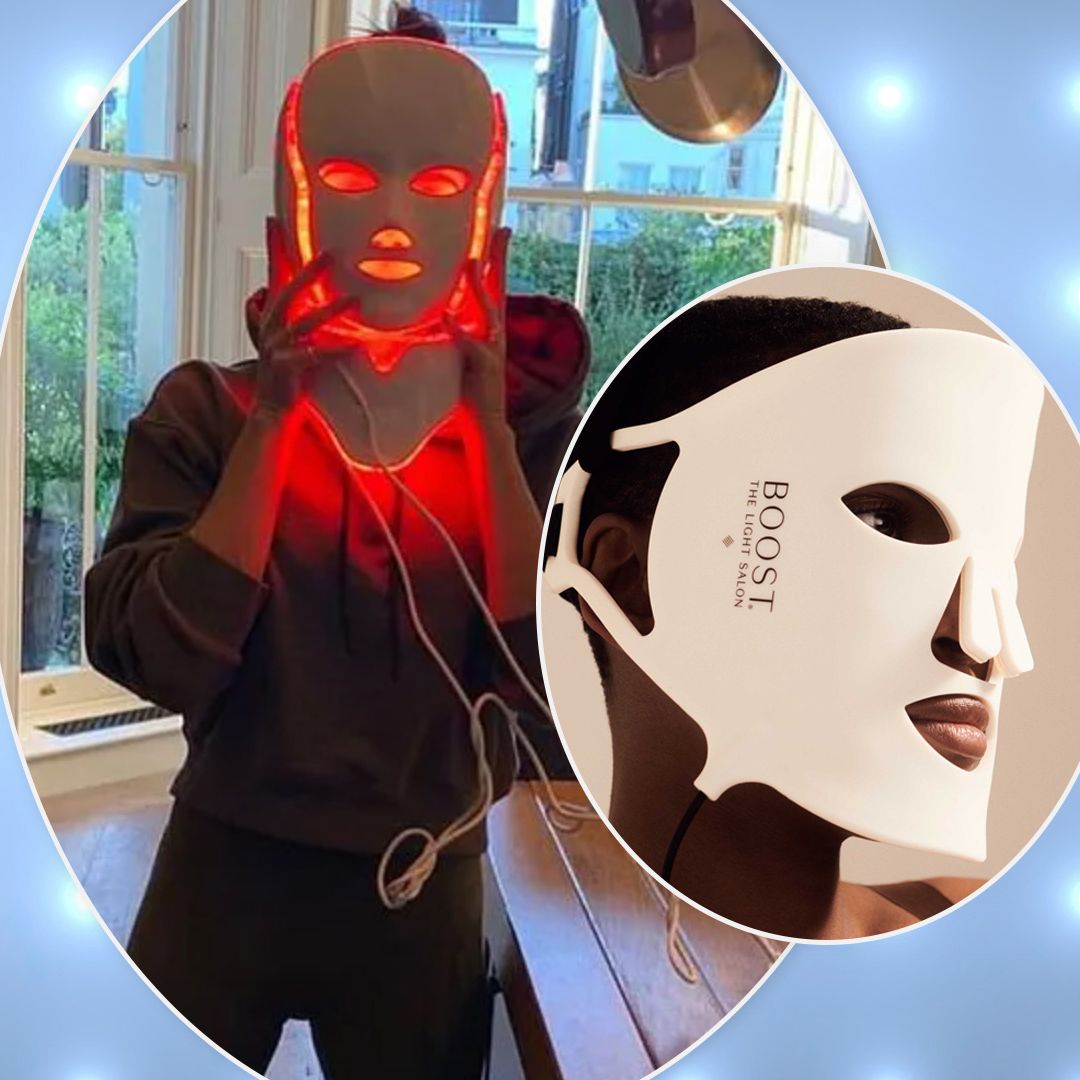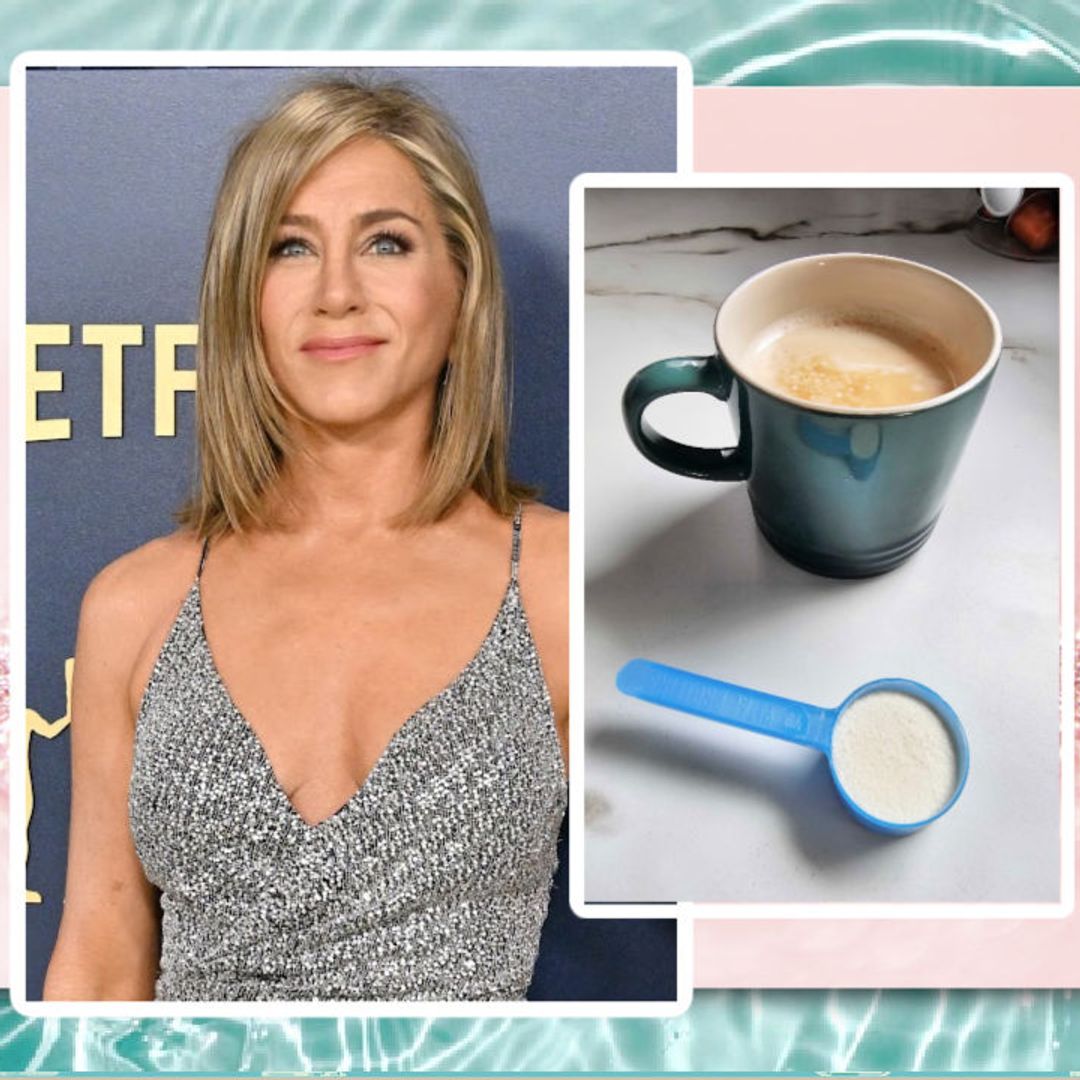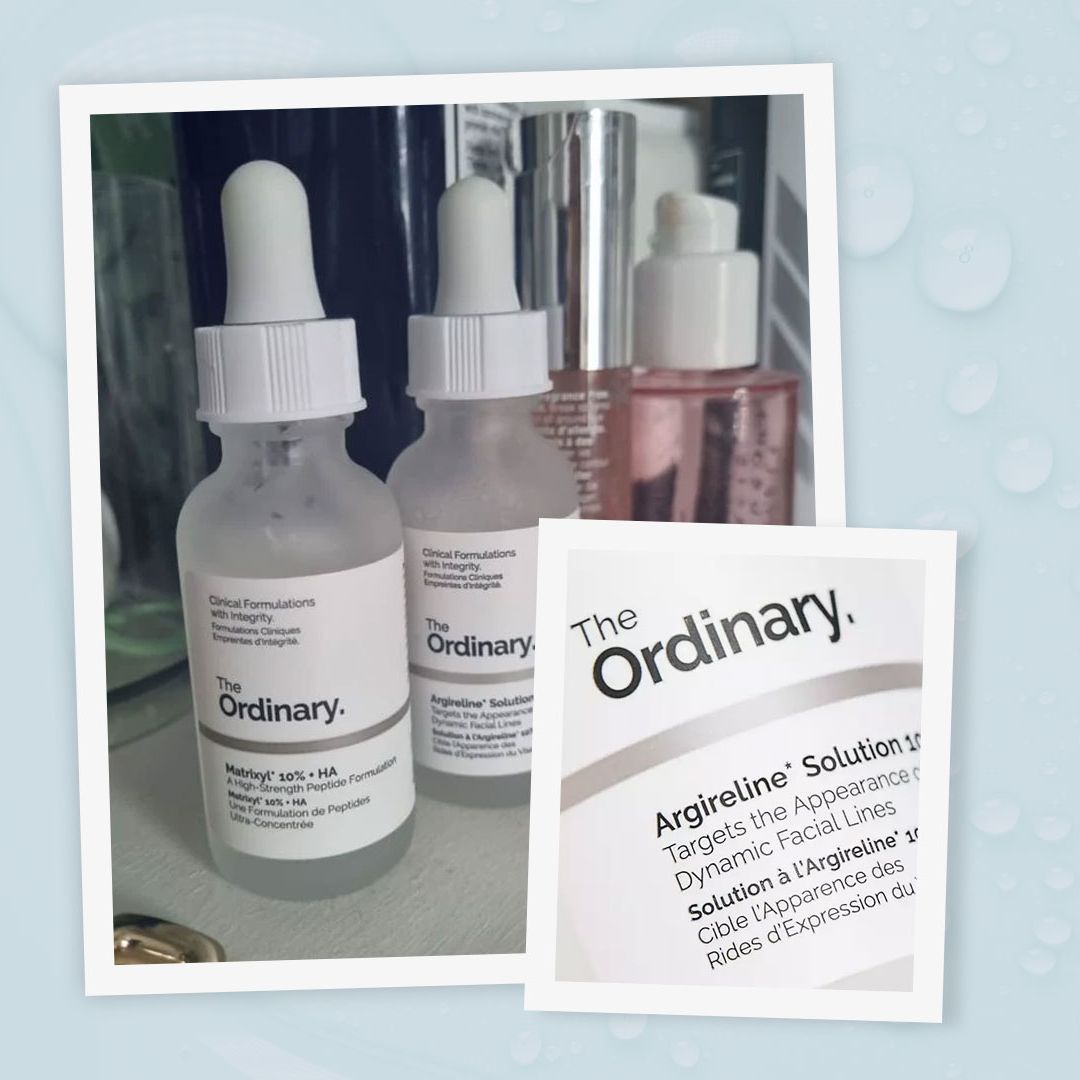If you find that your skin is often red, itchy or left with an acne-like appearance, you could be suffering from rosacea. Although one in ten people may be affected by the condition every day, a survey held by the National Rosacea Society found that 95 per cent of sufferers had known little or nothing about its signs and symptoms.
We take a look at what rosacea is exactly, as well as its symptoms and treatments…
It is thought that one in ten people suffer from rosacea
What is rosacea?
Rosacea is a chronic skin condition which results in a red, irritated complexion. It's a relapsing condition which means that sufferers will have periods of time where the symptoms are particularly severe, followed by times when these can reduce.
What causes the condition?
Currently the exact cause of the condition is unknown, although it has been suggested that it's related to abnormalities in the blood vessels of the face. The blushing can be triggered by a number of factors from extreme temperatures or strenuous exercise to stress, anxiety, or moving from hot to cold temperatures. Certain foods and drinks such as spicy foods or caffeine can also trigger face flushing.
There is currently no known cure but there are a range of treatments to reduce symptoms
What are the main symptoms?
One of the most common signs of rosacea is flushing, when the skin turns red for a short period of time. However, other symptoms can arise such as burning or stinging sensations on the skin, spots and blemishes, or even small blood vessels in the skin becoming visible. Permanent red skin can also be a symptom.
What are the best treatments?
Although there is no cure for rosacea, there are treatments which can help control or reduce symptoms - although these are often a temporary option, for example by avoiding known triggers such as drinks containing caffeine and alcohol. Creams and gels can be applied directly to the skin to reduce redness, and some severe spots can be reduced with tablets or capsules – visit your GP who can advise you on the best course of action.
If you think you could be suffering from rosacea, visit your GP who will be able to advise you.

